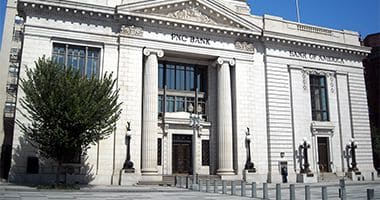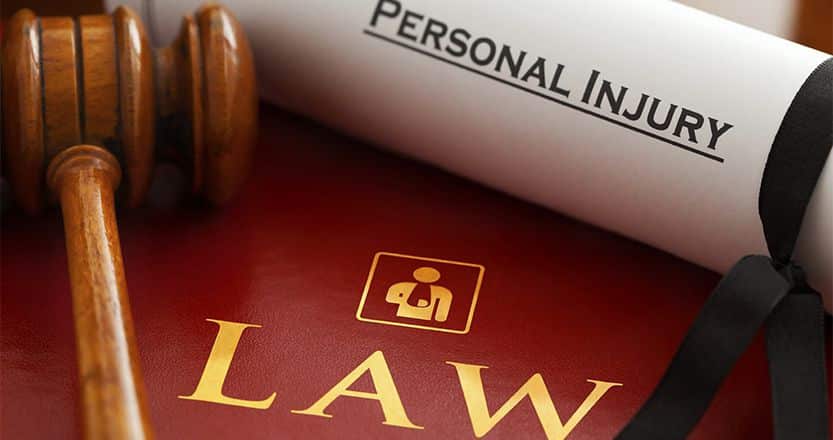
Marriage Law
"The marriage covenant, by which a man and a woman establish between themselves a partnership of their whole life, and which of its own very nature is ordered to the well-being of the spouses and to the procreation and upbringing of children, has, between the baptized, been raised by Christ the Lord to the dignity of a sacrament" (can. 1055 §1).

Sanctions in the Church
Pope Francis, through his Apostolic Constitution "Pascite gregem Dei" recently revised the Book VI of the Code of Canon Law titled "Sanctions in the Church".
"The one who is at the head of a Church must safeguard and
promote the good of the community itself and of each of Christ’s faithful,
through pastoral charity, example of life, advice and exhortation and, if
necessary, also through the imposition or declaration of penalties, in
accordance with the provisions of the law, which are always to be
applied with canonical equity and having in mind the restoration of
justice, the reform of the offender, and the repair of scandal" (can. 1311 §2).

Temporal Goods of the Church
"The Catholic Church has the inherent right, independently of any secular power, to acquire, retain, administer and alienate temporal goods, in pursuit of its proper objectives" (can. 1254 §1).

Violation of Law and Punishment
"The external violation of divine or canon law can be punished, and with a just penalty, only when the special gravity of the violation requires it and necessity demands that scandals be prevented or repaired" (can. 1399).

Why is there no "Divorce" in Catholic Marriage?
"Essential properties of marriage are unity and indissolubility; in Christian marriage they acquire a distinctive firmness by reason of the sacrament" (can. 1056).
"A marriage which is ratified and consummated cannot be dissolved by any human power or by any cause other than death" (can. 1141).

The Teaching Office of the Church
"The Church, to which Christ the Lord has entrusted the deposit of faith so that with the assistance of the Holy Spirit it might protect the revealed truth reverently, examine it more closely, and proclaim and expound it faithfully, has the duty and innate right, independent of any human power whatsoever, to preach the gospel to all peoples, also using the means of social communication proper to it" (can. 747 §1).
